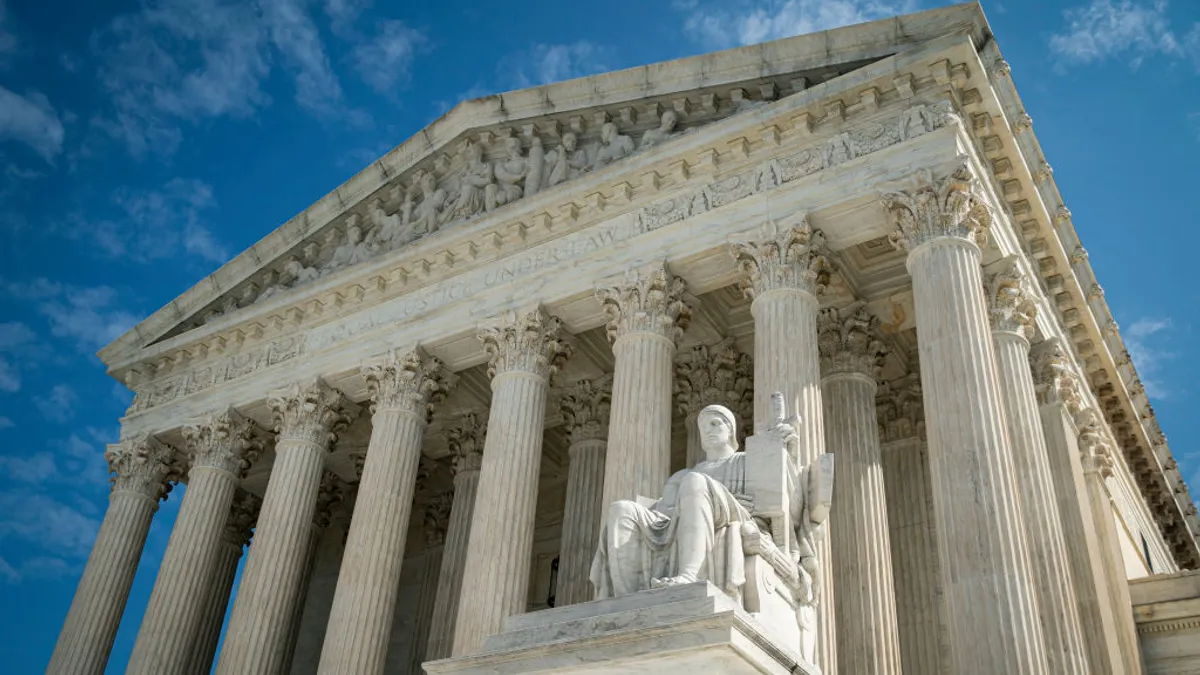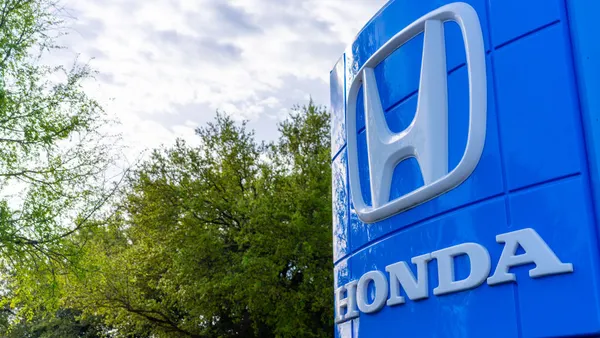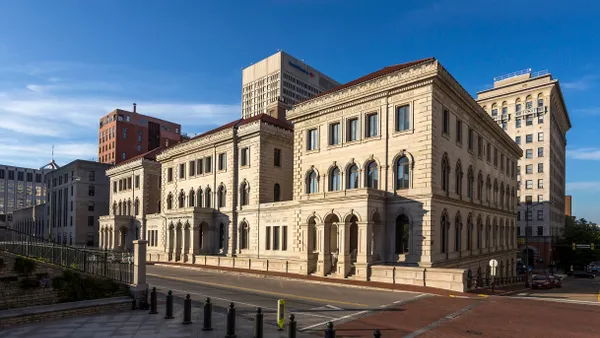Dive Brief:
- The U.S. Supreme Court will leave intact the Washington Supreme Court's decision not to apply a religious exemption to a Christian employer that refused to hire a bisexual applicant who didn't attend church (Seattle's Union Gospel Mission v. Matthew S. Woods, No. 21-144 (U.S. March 21, 2022)).
- The plaintiff filed suit in 2017, after the director of the group's legal aid clinic explained that he would not be hired because "he did not comply with [its] religious lifestyle requirements, did not actively attend church, and did not exhibit a passion for helping clients develop a personal relationship with Jesus." The plaintiff alleged the group violated Washington's workplace anti-discrimination law, which bars employers from discriminating against workers and applicants on the basis of their sexual orientation.
- A state trial court sided with the group, agreeing with its argument that it was protected by the First Amendment and an exemption in the state's anti-discrimination law for religious employers. The state Supreme Court disagreed, reversing the decision. It declined to enter a final judgment, however, and cleared the way for the trial court to determine whether the plaintiff's position was covered by the anti-discrimination law's exemption.
Dive Insight:
In a comment accompanying the Supreme Court's decision, Justice Samuel Alito noted that, though he agreed with the court's denial, he believes "the day may soon come" when the court will have to decide whether the autonomy provided in the First Amendment protects religious organizations' freedom to hire people of the same belief systems without state or court interference.
Alito pointed out that the Washington Supreme Court's argument rests on the presumption that the Constitution's guarantee of church autonomy protects a religious employer's employment decisions regarding only formal ministers. But the High Court's precedent reflects a much broader interpretation, Alito said, with decisions favoring church autonomy dating as far back as 1872.
"To force religious organizations to hire messengers and other personnel who do not share their religious views would undermine not only the autonomy of many religious organizations but also their continued viability," Alito said. "If states could compel religious organizations to hire employees who fundamentally disagree with them, many religious nonprofits would be extinguished from participation in public life — perhaps by those who disagree with their theological views most vigorously."
The case itself may interest HR pros, who typically see charges of religious discrimination operate in the opposite direction: plaintiffs claim discrimination because of their religious beliefs, not those of an organization. Such charges frequently involve instances of denied accommodations. Applicants or workers may claim, for instance, that an organization required them to work shifts occurring on their Sabbath or religious holiday. Claims sometimes involve uniform and appearance rules.













